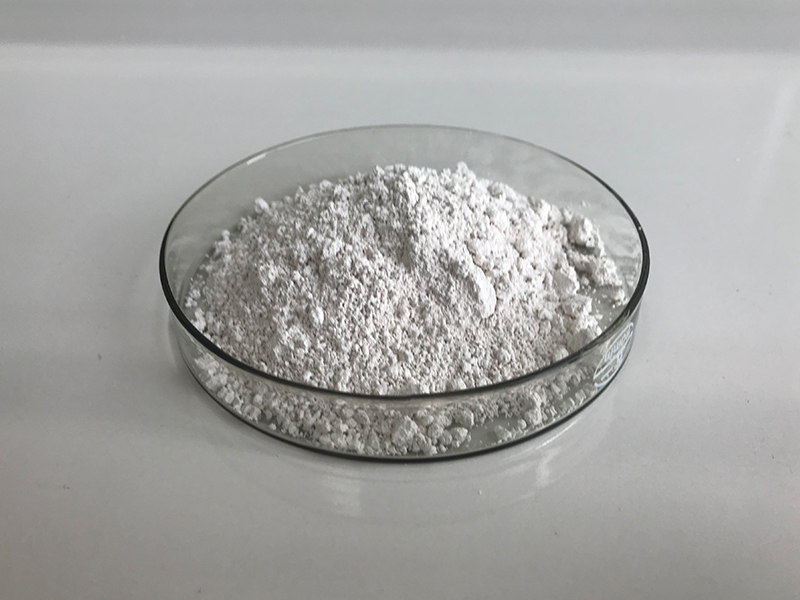Fenbendazole is a broad-spectrum anthelmintic (anti-parasitic) drug used primarily in veterinary medicine to treat various internal parasites in animals. It belongs to the benzimidazole class of compounds and works by disrupting the metabolism of parasites, ultimately leading to their death.
In veterinary medicine, fenbendazole is commonly used to treat gastrointestinal parasites such as roundworms, hookworms, whipworms, and some types of tapeworms in dogs, cats, horses, and other animals.
Recently, fenbendazole has gained attention outside the veterinary field due to anecdotal reports and some studies suggesting its potential use in certain human conditions, particularly in the context of cancer treatment. Some individuals have explored its off-label use in attempts to address certain types of cancers. However, it’s crucial to note that the use of fenbendazole in humans for non-approved indications lacks rigorous scientific evidence, and self-prescribing or using it without medical supervision is not recommended.
If you are considering the use of fenbendazole for any purpose, it’s important to consult with a qualified healthcare professional to discuss potential risks, benefits, and appropriate treatment options based on your specific health needs.

How to use Fenbendazole?
Fenbendazole is an anthelmintic medication commonly used to treat various parasitic infections in animals. It is not intended for human use, but some people have shown interest in using it off-label for potential health benefits. Keep in mind that using medications for purposes other than their intended use can be risky and should only be done under the guidance of a healthcare professional. I must emphasize that you should consult with a healthcare provider before considering any off-label use of medications, including fenbendazole.
If you’re looking to use fenbendazole for its intended purpose in animals, here are general guidelines. However, always follow the specific instructions provided by your veterinarian:
1.Dosage:
The dosage will depend on the type of animal being treated and the specific parasitic infection.
Fenbendazole is available in different forms, such as oral suspensions, powders, or tablets. Follow the instructions provided by your veterinarian or on the product packaging.
2.Administration:
Fenbendazole is usually administered orally, either by mixing it with food or directly administering it into the mouth.
Be sure to administer the full course of treatment as prescribed, even if the symptoms improve before completion.

3.Duration of Treatment:
The duration of treatment will vary based on the type of infection. Follow your veterinarian’s recommendations for the complete course of treatment.
4.Safety Precautions:
Fenbendazole is generally safe when used as directed, but it’s important to follow safety guidelines.
Pregnant or lactating animals may have specific considerations, so inform your veterinarian if this applies.
As mentioned earlier, if you are considering using fenbendazole for any purpose in humans, it is crucial to consult with a healthcare professional. Self-medication can lead to serious health risks and potential side effects. Always follow the advice of a qualified healthcare provider for your specific health needs.
